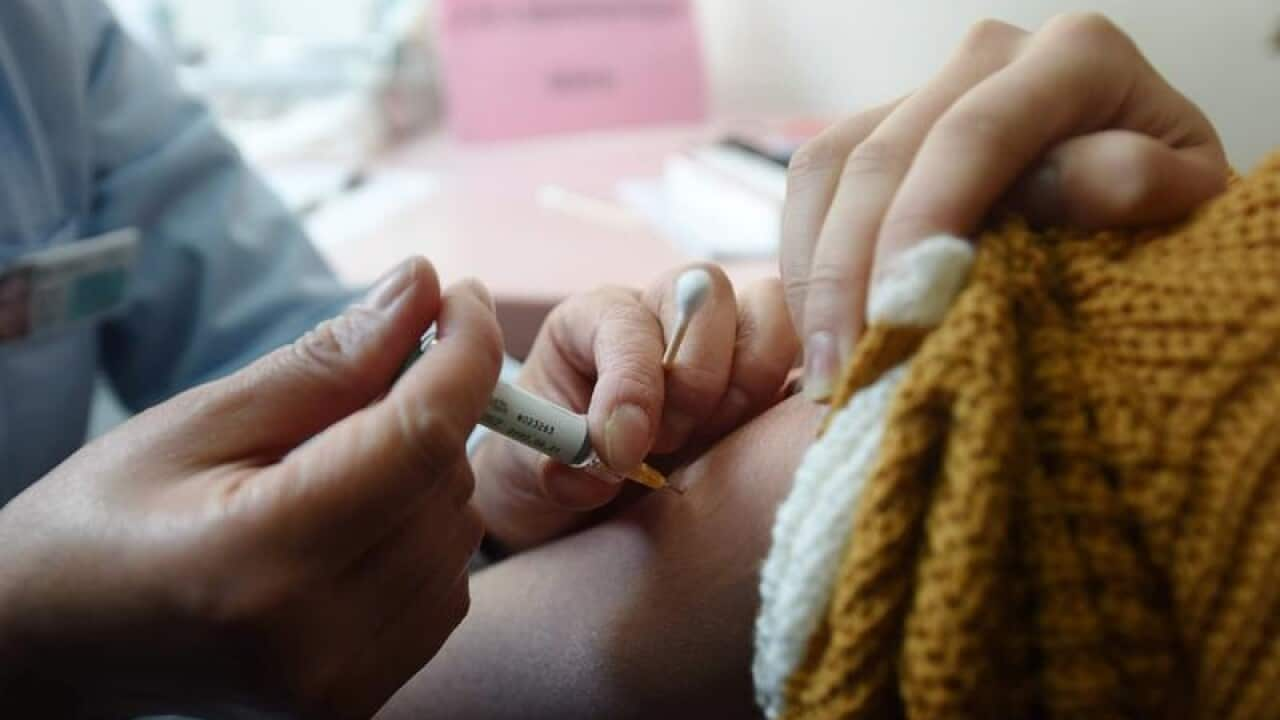Experts predict Australia is likely to become the first country to effectively eliminate cervical cancer, expected within the next 40 years.
The latest research shows there's been a dramatic decline in the rates of Human Human Papillomavirus (HPV) - the infection that causes about 99.9 per cent of cervical cancers - due to the effectiveness of the HPV vaccine.
Among Australian women aged 18 to 24, the HPV rate had dropped from 22.7 per cent to just 1.1 per cent over the last 10 years, according to research recently published in the Journal of Infectious Diseases.
Before the vaccination program, almost all sexually active people had contracted HPV
Because of the vaccine's success the International Papillomavirus Society (IPVS) has for the first time outlined in a statement, published on Sunday, that cervical cancer could soon be eliminated as a public health problem.
The IPVS is made up of the world's leading cervical cancer and Human Papillomavirus (HPV) researchers, including Professor Suzanne Garland from the Royal Women's Hospital and University of Melbourne, and who advises the WHO and global policy makers on cervical cancer prevention and screening.
Professor Garland says Australia would likely be the first country to achieve the milestone of cervical cancer eradication.
"We are forecasting that over the next 30-40 years, rates of cervical cancer will drop from around the current 1000 cases a year in Australia to just a few," said Professor Garland.
"Our national HPV immunisation program for both boys and girls, combined with our cervical cancer population screening, means we are well positioned to be the first country to effectively end this deadly cancer," she said.
But the eradication is contingent on continued high vaccination coverage and improved screening rates, says Professor Garland, who's calling on parents to ensure their kids get vaccinated.
Currently, participation in the HPV immunisation program is at about 77 per cent of high school students.
Professor Garland says the remaining 20 per cent represents lost opportunities to prevent cervical cancer and a range of sexually transmitted infections linked to HPV.
"Some parents worry about safety but there has been so much work done on the safety," Professor Garland said.
"This is a very safe vaccine and you know you have got to weigh up any potential adverse effect against developing cancer."
